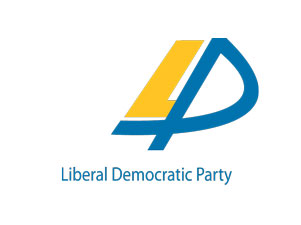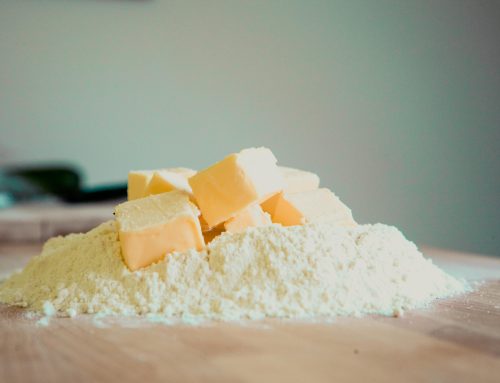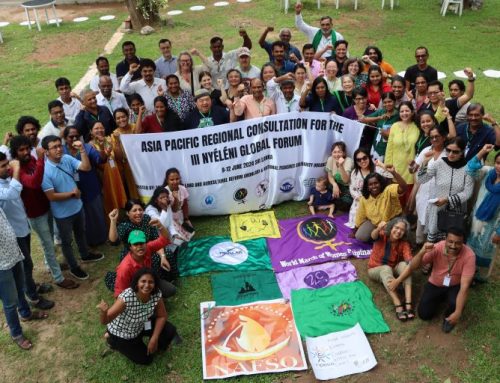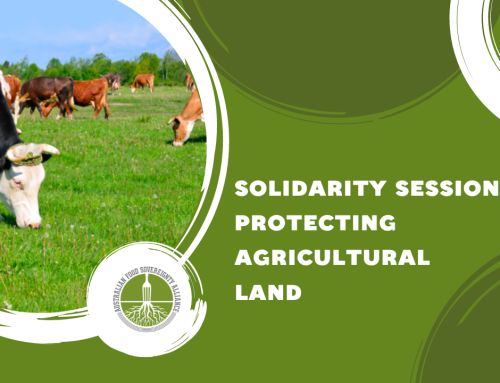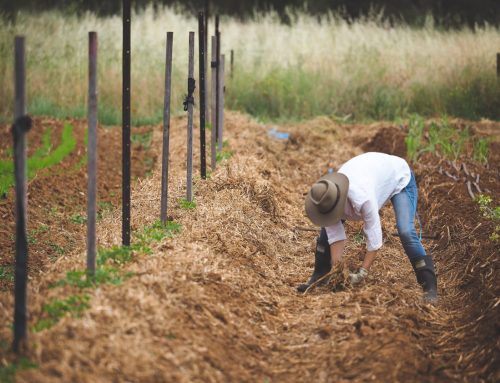Story by Russ Grayson, March 2015
KAREN raided her parent’s garden in Orange, a small city out on the flat lands of NSW’s middle western reaches. Then she hopped the fence to collect from the neighbour’s lemon and lime trees. This she combined with home-grown produce from her own Sydney garden.
Margaret obtained her vegetables from the vegetable co-op. She made a beetroot leaf salad by adding vegetables grown in the garden of her preschool. To top it off in a delicious way, she brought along some of her homemade tomato sauce and, to wash it down, the distinct taste of her homemade kambucha, a fermented concoction to which she added fruit from her garden.
Deb was different. Faced with a serious over-production of tiny tim tomatoes at the end of last growing season, she put them in her blender and froze the pulp. This, she said, was the way she gets to eat her own tomatoes out of season, and this she offered spread on sourdough bread fresh from the oven that morning, accompanied by cooked broad bean stems and leaves from her garden.
Julie did something different. She used her leftover food to make a tasty vegetable curry to which she added fresh veges.
I mention only a few of the culinarily-innovative foods we were treated to at the ECEEN (Early Childhood Environmental Education Network) end-of-year gathering last year that brought preschool educators from as far away as the Central Coast.
Talking about food
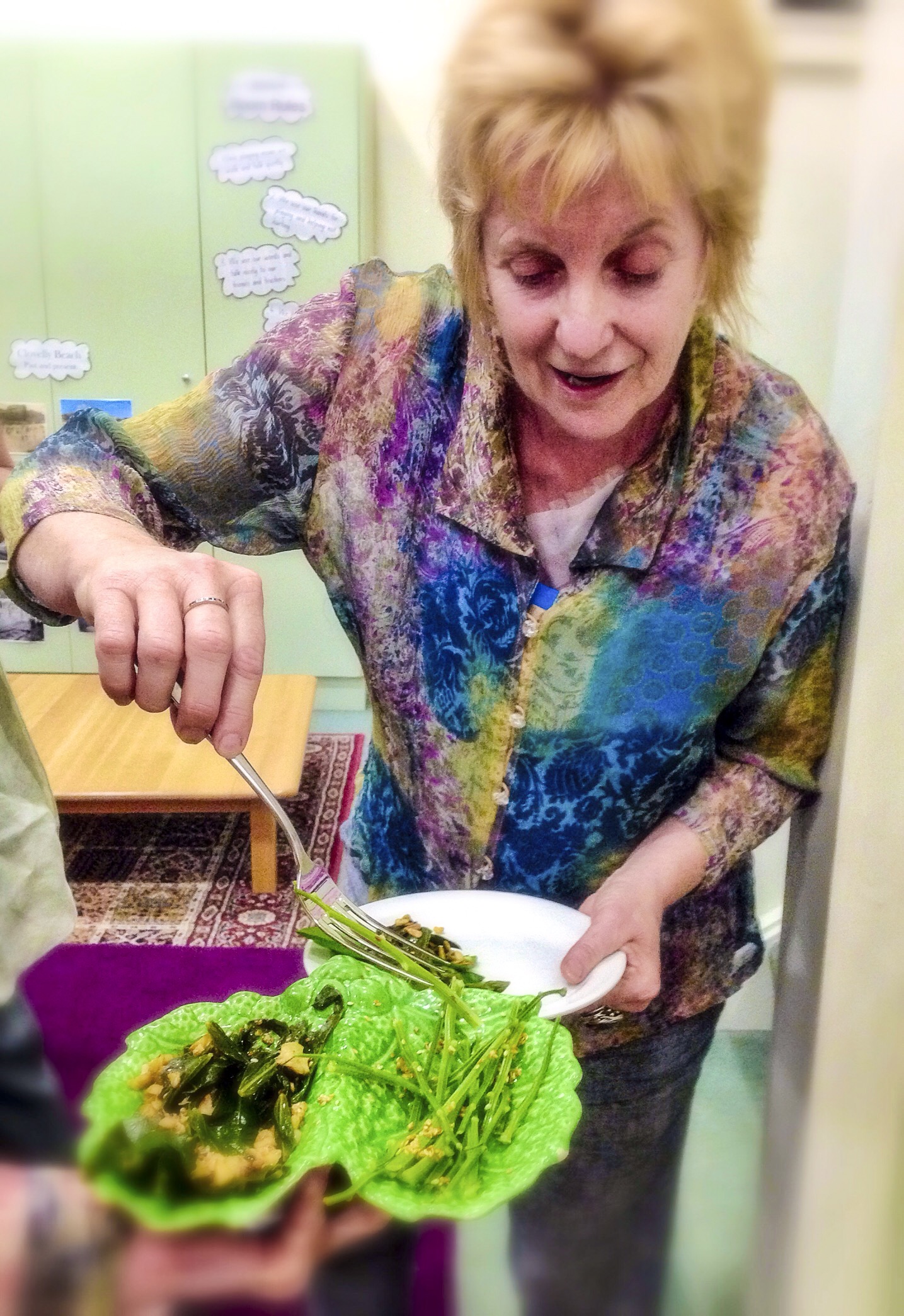
Eating time for Deb
Julie had invited Fiona and I to make a presentation around food, but rather than offering the usual monolog followed by questions that is the standard offering at such events, we went for an interview and conversation format that we had used elsewhere.
Fiona, the interviewer, asked me about food sovereignty, the Australian Food Sovereignty Alliance, community gardens and more, and encouraged participants to share their knowledge and experience as well as their questions that were answered not only by Fiona and I but by others, too.
This created a conversation rather than a presentation. Definitely no Powerpoint.
Preschools have changed
The Clovelly preschool was a superb venue for such a convivial gathering. It was far from my clearly-obsolete mental image of a preschool. How else could I account for its raised garden beds full of vegetables, chook yard with spaceous chook house, solar panels on the roof, rainwater tanks to irrigate the garden, compost bins, shady trees, bark-mulched playground equipped with natural stuff for the children to use in creative play, and what I can only describe as ‘sustainability practices’?
Some of that produce that the children and educators grow is taken by the cook to turn into fresh-food lunches for the children. In having these features, I learned, the Clovelly preschool centre is far from alone. Seems there’s a new ethos, new to me, anyway, among those preschoool educators who were engaged in animated conversation around the long table loaded with their homemade foods. I thought, during our guided tour of the centre, of the preschool at the Randwick Community Centre with its rainwater tanks and little vegetable garden.
Teachers go low-waste
The theme of this that evening, what the educators called their ‘sustainable table’, was that they would make and bring along as low-waste a meal as they could manage. Behind it lay the reality—deficiencies and waste are better words—of our food system so well documented by the state government’s Love Food Hate Waste website.
On the pages of that website you find the reality—that 30 to 50 percent of all food produced on the planet is not eaten (And they say we face an imminent food shortage? Seems more a shortage of imagination to me); that people each produce around 360 kilograms of food waste annually in Australia—that totals to around $5 billion worth; that food makes up around one-third of all our municipal rubbish. And here in Sydney, a city that positions itself as a national leader (but that continues to fall well behind Melbourne in urban liveability assessments), 300,000 tonnes of the food we buy is thrown away—for those who like numbers, that’s $2.5 billion worth.
Questions only a guide
We prepared a set of questions before the event, not to slavishly follow, but as a guide to getting the conversation started. The beauty of the interview/conversation format is that you can cease using your prepared questions and go into the free flow of the conversation that develops, only returning to the questions if the conversation drifts off onto a side track.
As it turned out, and as these types of sessions often turn out, all of the questions we had prepared were covered, though not in the order they had been written, and not by deliberately asking the questions but by using what the participants said as the opening for what we had already thought of talking about.
A question of sovereignty

What surprised me was the response to one of our opening questions as to what ‘sovereignty’ means—as in ‘food sovereignty’. It seems most had a fairly clear idea of this, saying that it means ownership. From there it was easy to seque into defining, through questions, what sovereignty might mean for our food system.
In some ways our conversation was one of talking with people most of whom were familiar with the idea of ‘good’ food, as in nutritionally good, and ‘local’ food. A number were home growers and their childcare centres already have little kitchen gardens. Cynics might dismiss the value of talking with people who are already following the same path to good, local and fair food, however that would be a mistake based on a misunerstanding of how education works and of how ideas spread through society.
Rather than ‘preaching to the converted’, as the tired old cliche goes, conversations such as we led become educational devices to explore and extend what people know, often by their freely sharing their experience and insights. Those people, then, go back to their workplaces and their communities to influence others, probably more by doing than talking.
We can think of this as the ‘ripple effect’, or, better still, as a network of localised ripple effects spreading from the participant’s preschool centres. Time spent in the mutual education of those that already are engaged in something—I think the term is ‘social learning’, I picked that up from a professional evaluator from UNSW, Phil Booth—turns them into colleagues rather than students. And that’s time well spent.
